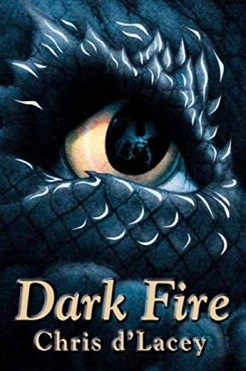Seal Point, near the Inuit village of Savalik
It had been the custom in Savalik for centuries: that the old, knowing that their spirit was tired of this world, should be allowed to die in the manner of their choosing. This much Christopher Apak understood as he guided his grandfather to the sled hooked onto the back of his snowmobile. The old man, Taliriktug was his name, had been sour for weeks, ever since the great mist had fallen on the North. His face, once as ruddy as the blood of a bear, had now become as yellow as lichen. The flesh was sinking into his bones. His eyes stared inwards. So too his toes. When he walked he was like the newborn caribou, fragile, at angles, twigs for legs. But unlike the caribou, Taliriktug would never learn to stand again. The only food he had taken in this period of decline was a few sips of broth, made from the mattak, the meat of whales. Medication - the white man's penicillin - he had sneered at. Furthermore, he had put away his feathers and charms. This, people muttered, was a greater sign that his living was done with than any liverish or tired shamanic ramblings. Even the comfort of a single bed, heated by a blanket fed by electricity, had been rejected. Taliriktug was ready to ride a sled. It was his time to sit upon the ice, he had said. In the modern way, this was forbidden. But when a raven landed on the roof of his house, the wise ones in the village had noted the omen and turned their eyes away from the laws of the South. From that moment on it was clear to all that Taliriktug would die in the ways of his fathers - alone, without help, stranded in the wilderness, there to be claimed by the spirits of the North.
"Are you comfortable, Grandfather?"
The old man pulled his furs around him. His mouth, long devoid of any consistency of enamel, with only bunched, dried wrinkles to indicate lips, did not say 'yes' and did not say 'no'. He was sitting cross-legged, facing away from his final destination, pointing at each of the wooden shacks that were built into the land that curved around the bay, as if her was counting them, or possibly even blessing them. This place had bee his home since he could first gut a fish. Yet no one stood on the shoreline, watching. That was the Savalik way.
Apak fired up the snowmobile. Gently opening the throttle, he nudged the machine forward. The rope that bound the sled jerked itself tense. Taliriktug gave a nod as they began to move. The hood of his coat slipped back a little, revealing a line of thinning black hair. Then he began to chant. A breathy, incongruous, unharmonic wail. A song for the ghosts of his ancestors. Apak let in a little more gas, keeping his gears low and his speed to a funeral constant. In the South he had heard that this was a ritual: to travel at a duck's pace to the place of burial. But his speed had little to do with respect. He was merely fearful of any sudden bumps that might ship his grandfather onto the ice too soon. That would have been a legend of embarrassment, one worthy of his own demise.
